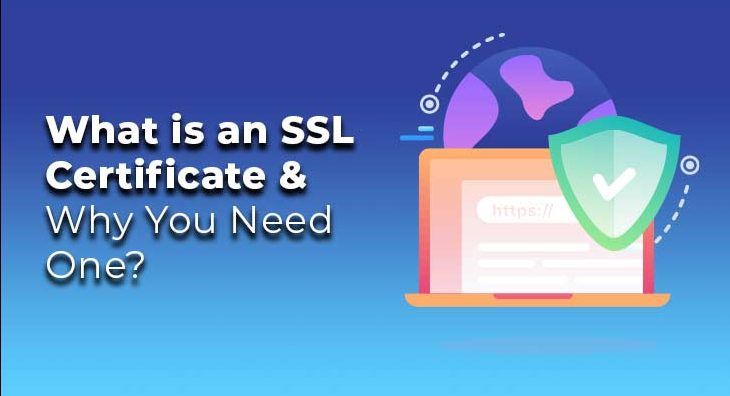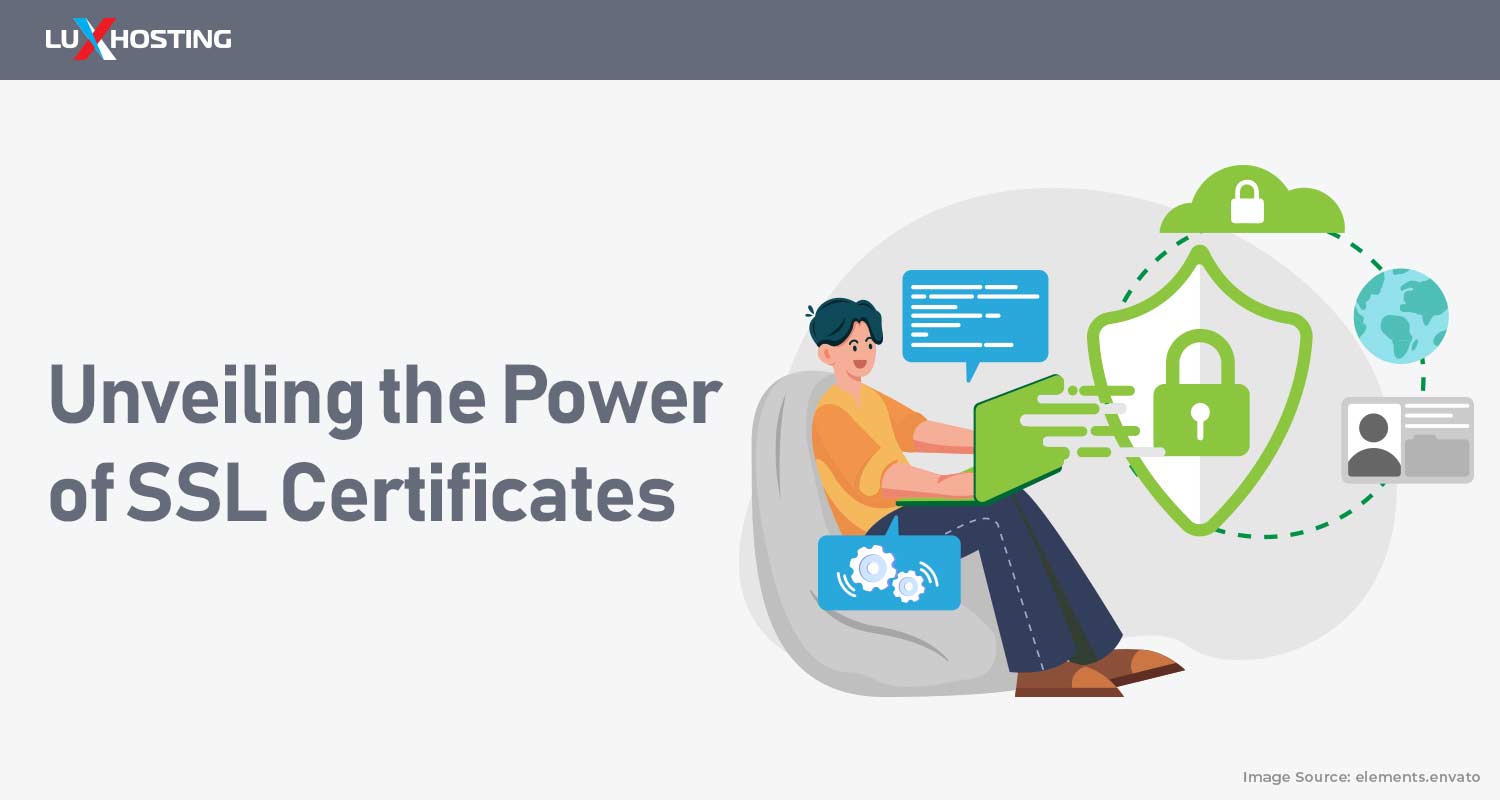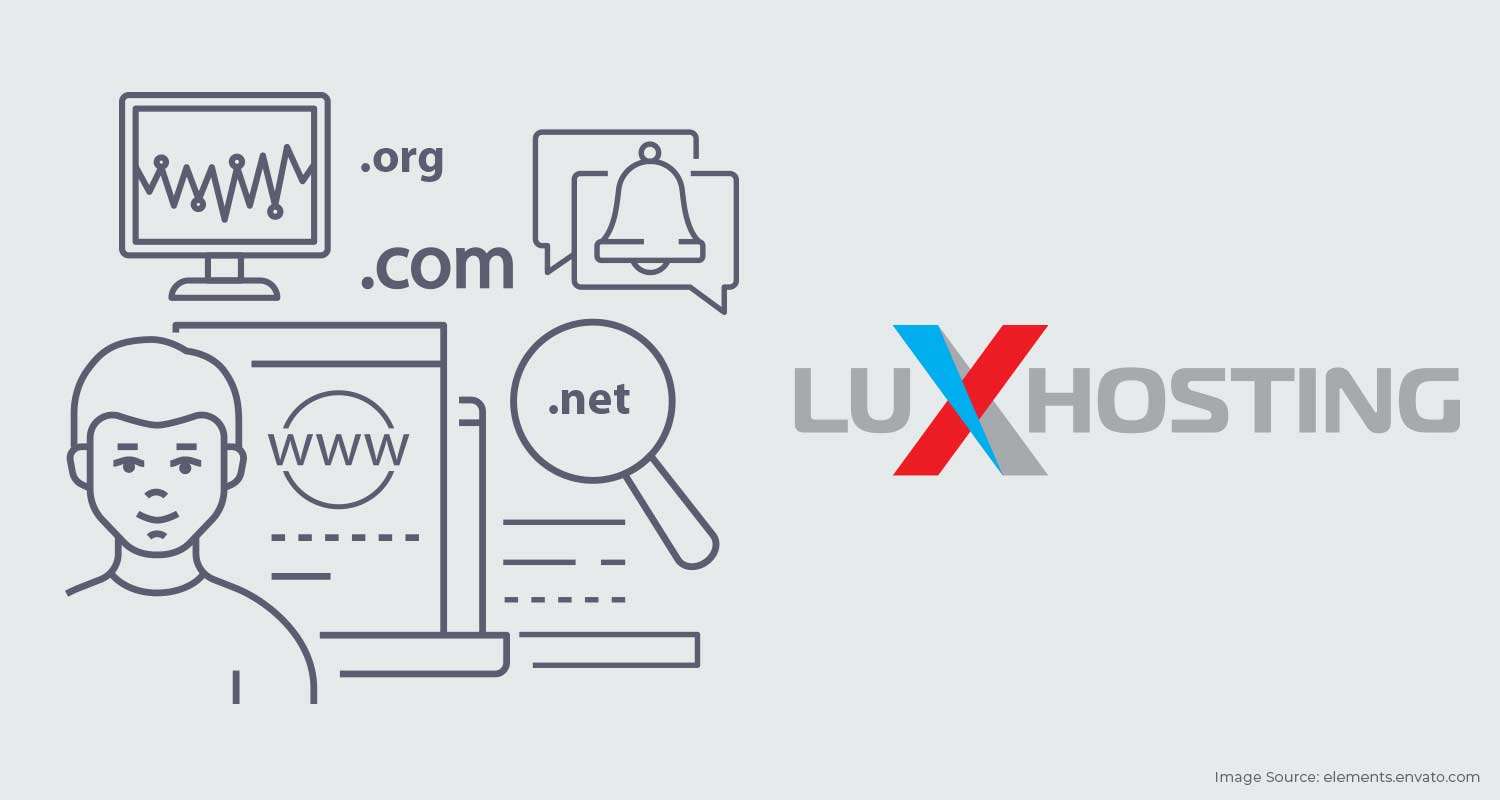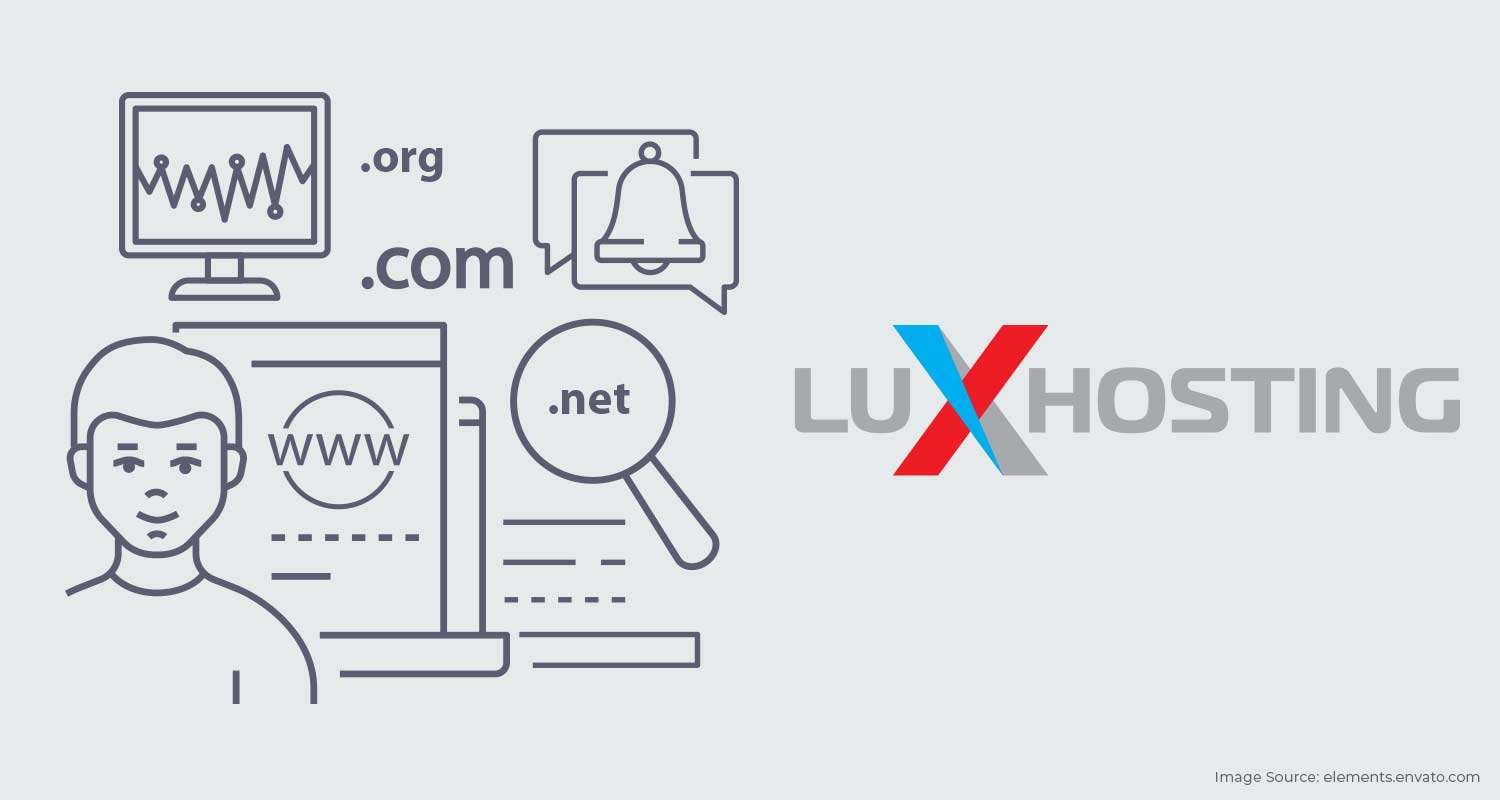An SSL certificate is the latest in website encryption, and it’s essential for anyone who wants a secure website. When you have an SSL certificate, you don’t need to worry about hackers stealing your customers’ credit card data, or your visitors’ browsers warning them that your website is potentially harmful. If you’ve been avoiding getting an SSL certificate because you’re still not quite sure what it is, how it works, or why it’s necessary, this guide clears things up.
Let’s start with the most obvious question:
What is an SSL certificate?
An SSL certificate is a data file that encrypts any data that passes between your web server and your visitors’ browsers (like home addresses, usernames, passwords, and credit card information). In more technical terms, an SSL certificate creates an encrypted link between a server and a browser.
SSL certificates are the only effective way to prevent man-in-the-middle attacks. This is a kind of cyberattack in which a hacker puts an eavesdropping program on the server where you store your website. As soon as a visitor types information into your website, the program collects the information and sends it to the hacker. But if your website has an SSL certificate, nobody else can see what your visitors have typed, because whatever they type will be encrypted. This means that when your visitors enter their credit card information, the data they type will be written in code, so even if hackers do get their hands on it, they won’t be able to read it.
Can visitors tell when your website doesn’t have an SSL certificate?
Some new website owners don’t bother getting an SSL certificate because they think visitors won’t be able to tell. The bad news for these website owners is that visitors can absolutely tell when you don’t have an SSL certificate. A website that’s been properly secured with an SSL certificate will have one or more of these markers:
- A padlock in the URL bar.
- A green URL bar or green text in the URL bar.
- A URL that starts with https:// instead of http://. (The “s” in HTTPS stands for “secure”.)
Even if your visitors don’t know what to look for, most modern browsers will warn your visitors when they’re about to enter a website without an SSL certificate.
There’s no getting around it: If you want visitors to trust your website, you need an SSL certificate.
This isn’t the only reason your website needs an SSL certificate.
More reasons why your website needs an SSL certificate:

Gif Credit: Giphy -Doc Brown GIF By Back To The Future Trilogy
1. SSL certificates improve conversion rates
Your conversion rate measures how often visitors to your website are converted to paying customers. Even if you’ve gone above and beyond by properly staging your products, making your website copy sound engaging and friendly, and designing your website with the latest trends in font size and color, if your website doesn’t have an SSL certificate, your visitors will know, and they won’t trust your website.
2. SSL certificates protect your website from attacks
SSL certificates are great at protecting your website from eavesdropping devices, man-in-the-middle attacks, and general hacking. This doesn’t protect only your visitors’ information; it also protects the time and money you’ve invested into your website. So, if you have shared hosting, it’s especially important that you install an SSL certificate, because while shared hosting is the cheapest form of web hosting, it also generally needs a bit more of a security boost than other types of web hosting.
3. SSL certificates increase your SEO

Gif Credit: Giphy - Blogging Spongebob Squarepants GIF
“SEO” is a buzzword among website owners. It stands for Search Engine Optimization, and it basically involves everything you do to your website to make it rank higher in search engines so that visitors are more likely to see it. Websites that have SSL certificates generally rank higher in search engines than websites that have been left unsecured.
4. To credibly operate an eCommerce website
Ecommerce websites often collect credit card information, which is why they’re held to a higher standard than most ordinary websites. Having an SSL certificate is actually mandatory if you intend to collect your visitors’ credit card information through your eCommerce site.
5. SSL certificates protect your visitors’ login information.
Even if you don’t collect credit card information, once you collect any information from your visitors, it’s good to have an SSL certificate. Some people use the same username and password for everywebsite they visit, which means that a hacker who gains access to their login information through your website could also gain access to their profiles on websites that do collect their credit card information. This could make your visitors vulnerable to theft and identity fraud.
Even information as simple as your visitors’ names and addresses could put them in an unsafe position if it falls into the wrong hands.
So if your website collects any information from your visitors at all, you need an SSL certificate.
Wrapping up
Your website needs an SSL certificate, but you don’t have to pay through the nose for website security. luxhosting.com offers SSL certificates at affordable rates, so you can secure your website without breaking the bank! Don’t leave your website unsecured for another second. Go through our SSL packages to find the one that’s right for you, and quickly start protecting your website.



